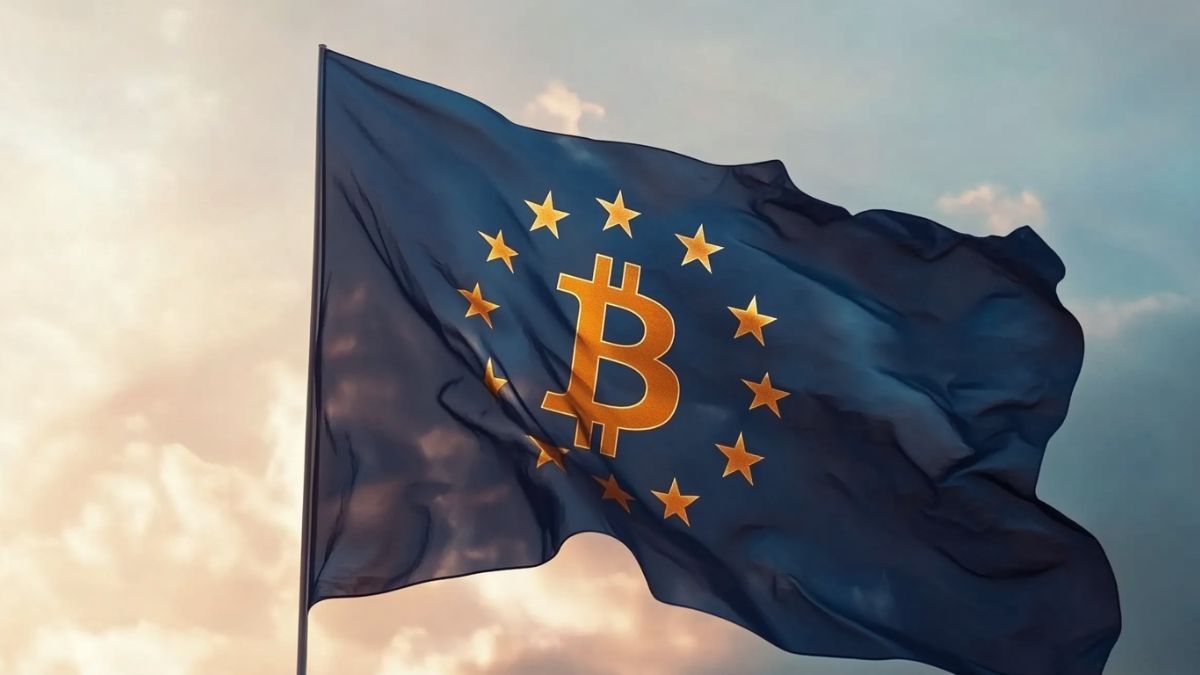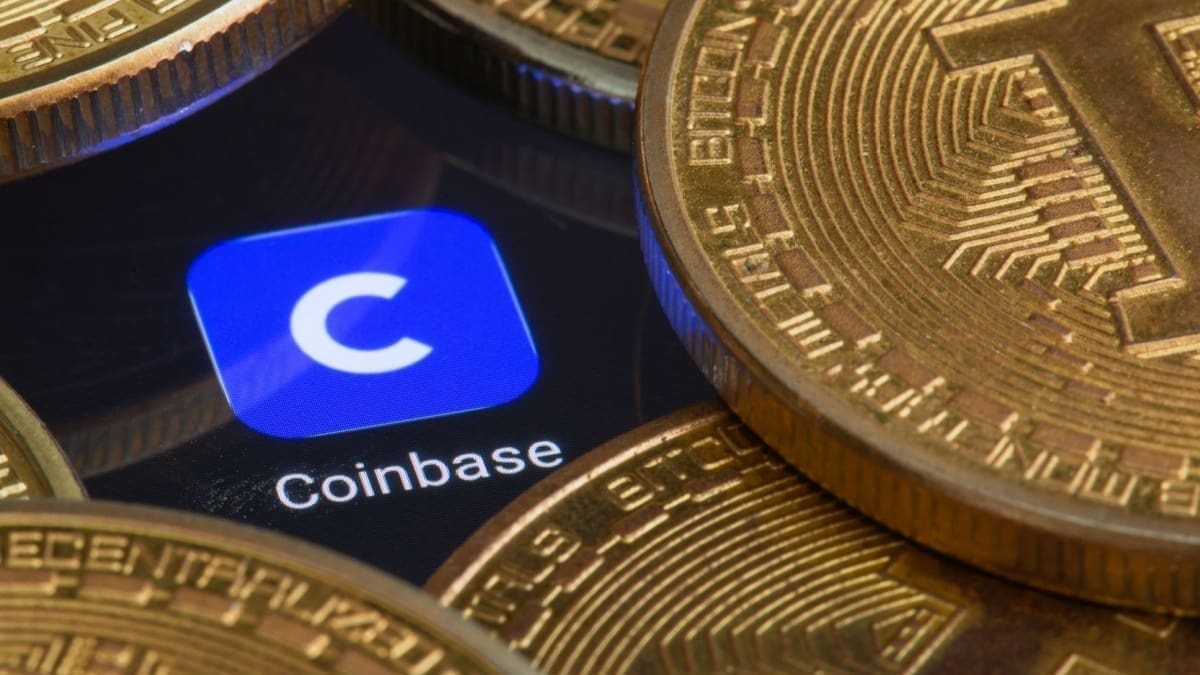The increasing financial strain on Russia due to international sanctions is increasingly evident, with the European Union (EU) implementing measures that now include digital currencies. For the first time, restrictions on cryptocurrencies are aimed at cutting off potential financial avenues that Russia might exploit.
New Measures on Cryptocurrency Transactions
Ursula von der Leyen, the President of the EU, announced a ban on all cryptocurrency transactions involving Russian entities. This crucial step prohibits European companies from trading cryptocurrencies with Russian banks, businesses, or individuals, effectively closing a looph that has been advantageous to Russia in recent years.
“Our goal is to cut off Russia from as many financial avenues as possible, including digital ones,” stated Von der Leyen. While individual European cryptocurrency investors will not face restrictions on trading popular coins like Bitcoin or Ethereum, the broader implications for the global market could be significant.
The Impact on Global Cryptocurrency Markets
As Bitcoin and other cryptocurrencies are often utilized in regimes facing international sanctions, the EU’s new prohibitions aim to dismantle Russia’s financial maneuvers using these digital assets. Such currencies, by nature, allow for hard-to-trace transactions, which could have made it easier for Russia to circumvent traditional sanctions.
The fallout from these restrictions could impact trading volumes and liquidity in the global cryptocurrency market, particularly if Russian trading activities were to diminish. Analysts are closely watching these trends to gauge the potential ripple effects.
Addressing Other Payment Systems
In addition to banning cryptocurrency transactions, the EU is also sanctioning the Russian payment system Mir, which functions as a domestic alternative to Western options like Mastercard and Visa. These measures come alongside the accelerated timeline to halt imports of liquefied natural gas (LNG) from Russia, now set for January 2027 instead of 2028.
Broader Context of Energy Dependence
Countries like Slovakia and Hungary, which remain reliant on Russian energy, have expressed concerns regarding these aggressive sanctions. However, the EU’s stance remains clear: reducing financial flows to Moscow is paramount in the ongoing geopolitical struggle. Von der Leyen emphasized the effectiveness of these sanctions, noting, “Russia is reaching its limits in terms of its war economy.”
Conclusion: The Shift Toward Financial Isolation
The EU’s efforts signify a larger trend of financial isolation imposed on Russia due to its actions on the global stage. As countries globally navigate their relationship with cryptocurrencies and address financial security in the wake of geopolitical tensions, the ramifications of these sanctions will continue to unfold. The EU’s commitment to curbing Russian access to financial resources reflects a determined response to ensure compliance with international law and diplomacy.



